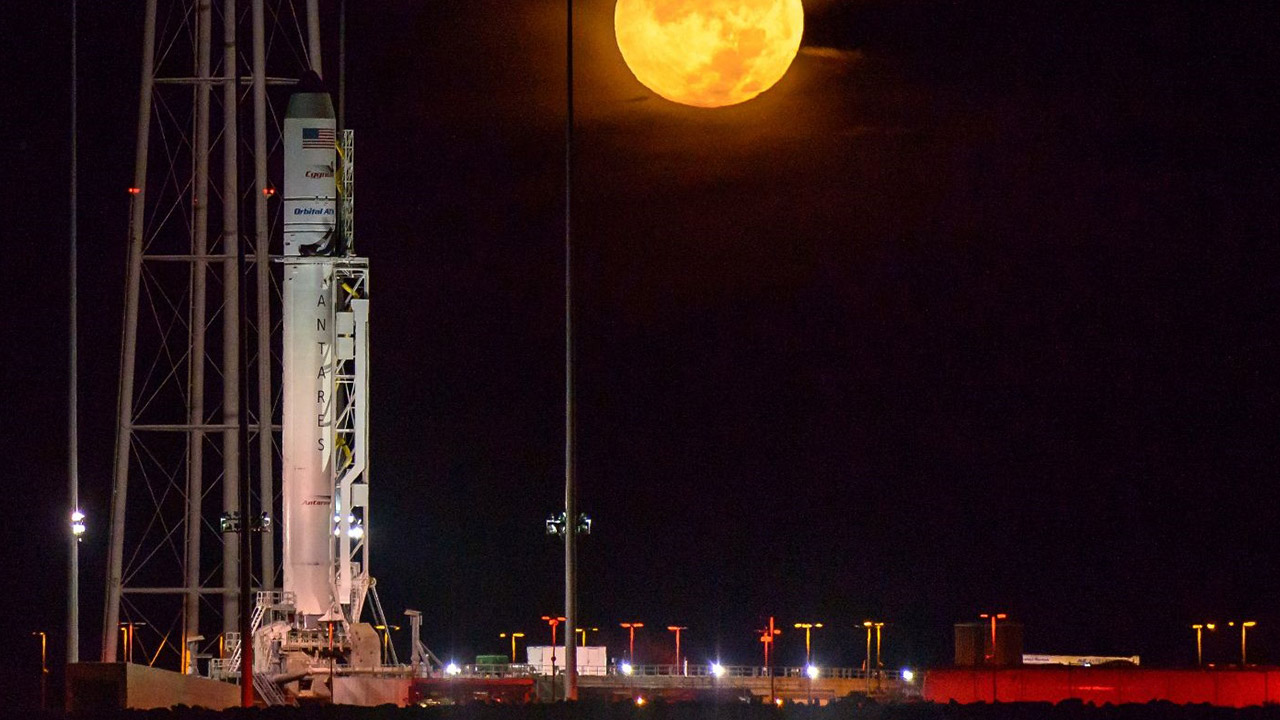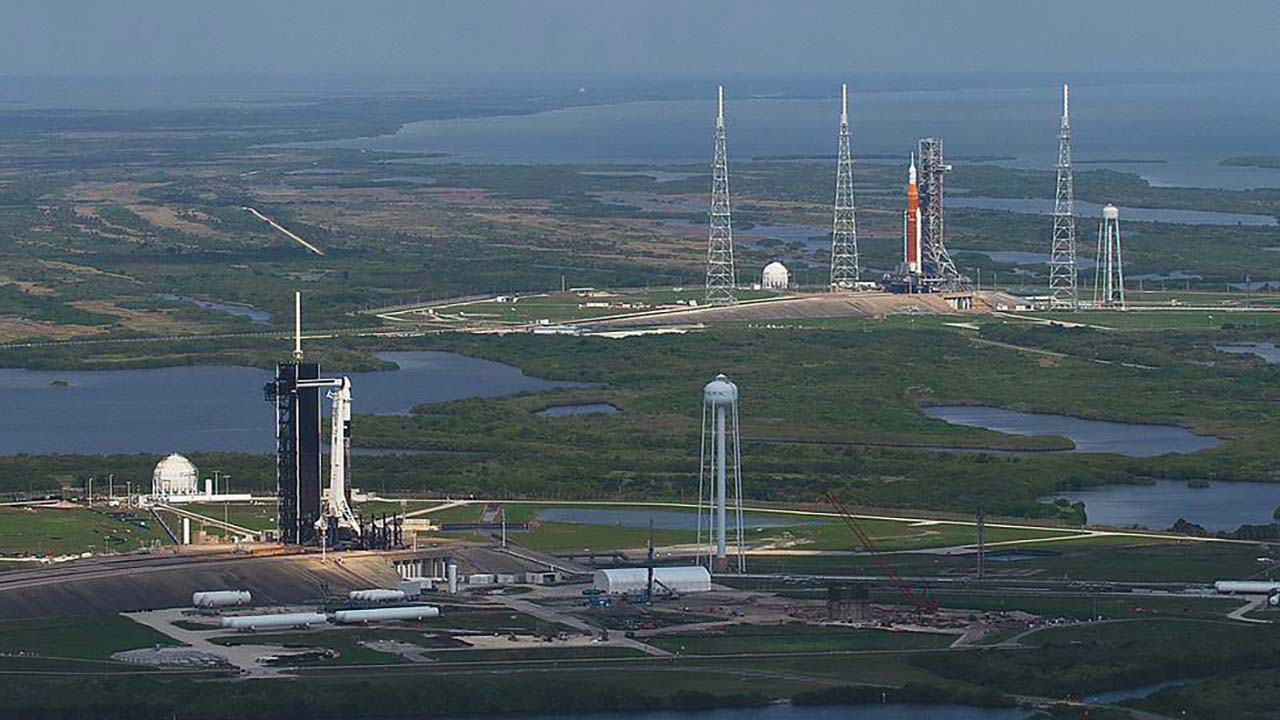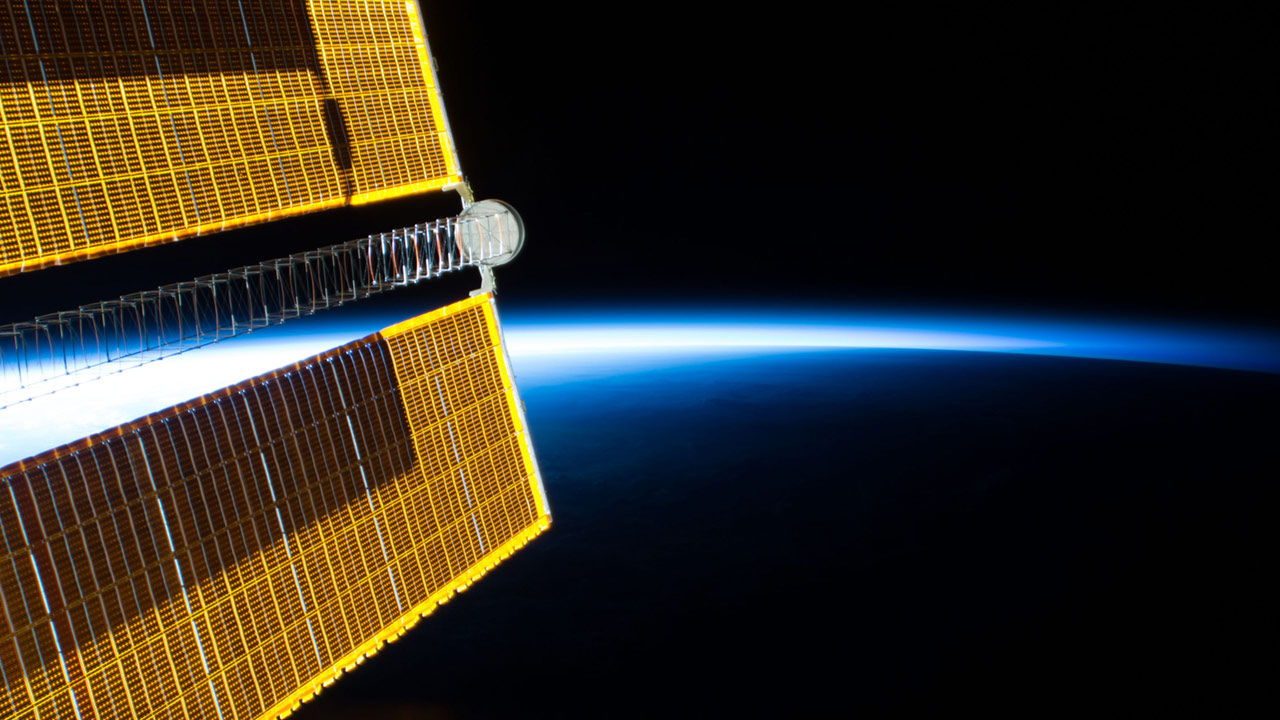Kennedy Space Center, FL (October 5, 2016) — The Center for the Advancement of Science in Space (CASIS) and the National Center for Advancing Translational Sciences (NCATS), part of the National Institutes of Health (NIH), today announced a funding opportunity focused on human physiology and disease onboard the International Space Station (ISS) U.S. National Laboratory. Data from this research — which will feature “tissue chips” (or “organs-on-chips”) — will help scientists develop and advance novel technologies to improve human health. This announcement is part of a four-year collaboration through which NCATS will provide up to $12 million in funding to use tissue chip technology for translational research onboard the ISS National Laboratory for the benefit of human health on Earth.
NCATS released the funding opportunity to solicit applications through its Tissue Chip for Drug Screening program for research on microphysiological systems using the ISS National Lab. Advancements in bioengineering have enabled the manufacture of microphysiological systems representing functional units of an organ, which replicate the physical and biochemical environment in tissues. In parallel, recent developments in stem cell technology now make it possible to cultivate tissues from humans with specific genotypes and/or disease phenotypes. Advancing this research onboard the ISS National Lab could accelerate the discovery of molecular mechanisms that underlie a range of common human disorders, as well as improve understanding of therapeutic targets and treatments in a reduced fluid shear, microgravity environment that recapitulates cellular and tissue 3-D structures on Earth. This partnership comes on the heels of a recent the ISS National Lab award announcement focused on organs-on-chips research.
The ISS National Lab is the nonprofit organization responsible for managing and promoting research onboard the ISS National Lab. NCATS was established in fiscal year 2012 to transform the translational science process to get more treatments to more patients more quickly. Through this funding opportunity, the ISS National Lab and NASA will facilitate on-orbit access to the ISS National Lab, and NCATS will fund the selected projects to advance fundamental science and engineering knowledge. The ISS National Lab and NCATS hope to encourage investigators with expertise in materials science, microfabrication, microfluidics, universal media, stem cell technology, tissue engineering, disease modeling, and developing spaceflight experiments for the ISS National Lab to consider applying for funding.
“Today’s announcement establishes a partnership among the ISS National Lab, NCATS, and NIH in the first of hopefully many funding opportunities through this multi-year collaboration,” said the ISS National Lab Deputy Chief Scientist Michael Roberts, Ph.D. “We are excited to open access and opportunity for researchers intent on leveraging the ISS National Laboratory for tissue chip and microphysiological systems to enhance discoveries capable of improving human health on Earth.”
“Translational research at the ISS National Laboratory provides unprecedented opportunities to study the effects of a microgravity environment on the human body,” said Dan Tagle, Ph.D., NCATS associate director for special initiatives. “We look forward to pursuing translational research and clinical technologies for use on Earth and in space, and to conduct research in Earth- and space-based facilities that could improve our understanding of human health.”
All proposals must be submitted by Dec. 15, 2016.
To view the funding opportunity, learn how to submit your proposal, and get the latest information on this initiative, please visit: www.casistissuechip.blogspot.com.
To learn more about the on-orbit capabilities of the ISS National Lab, including past research initiatives and available facilities, visit www.spacestationresearch.com.
# # #
About CASIS: The Center for the Advancement of Science in Space (CASIS) was selected by NASA in July 2011 to maximize use of the International Space Station (ISS) U.S. National Laboratory through 2020. the ISS National Lab is dedicated to supporting and accelerating innovations and new discoveries that will enhance the health and wellbeing of people and our planet. For more information, visit www.issnationallab.org.
About the ISS National Laboratory: In 2005, Congress designated the U.S. portion of the International Space Station as the nation’s newest national laboratory to maximize its use for improving life on Earth, promoting collaboration among diverse users, and advancing STEM education. This unique laboratory environment is available for use by other U.S. government agencies and by academic and private institutions, providing access to the permanent microgravity setting, vantage point in low Earth orbit, and varied environments of space.
# # #





